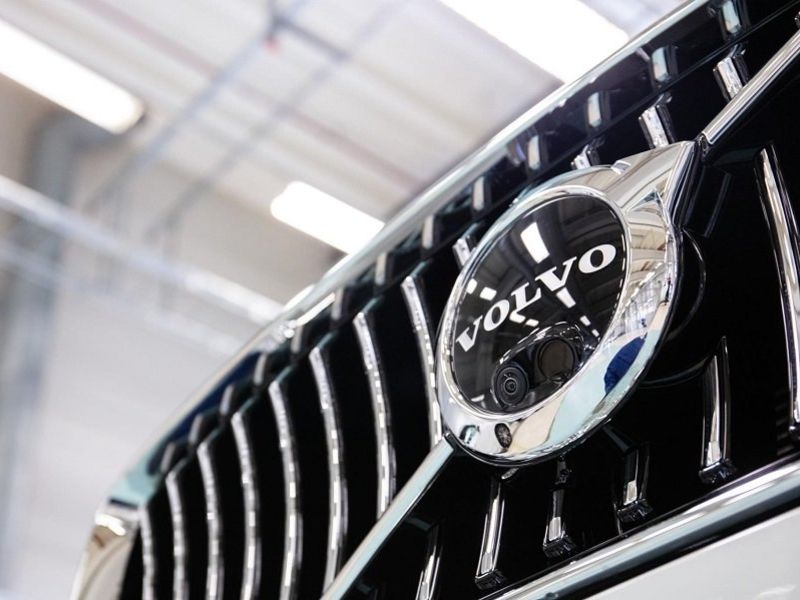
Volvo Cars increased its operating profit by 8.2 percent to 9.5 billion Swedish crowns ($1.1 billion) in the second half of 2020 as growing demand for electrified cars and rising interest in online vehicle sales helped it rebound from the pandemic.
Hard hit by the COVID-19 outbreak in early 2020, Volvo has seen a sharp improvement in recent months, helped by strong demand in the United States and China.
The automaker, which is owned by China’s Zhejiang Geely Holding, said it would increase vehicle sales this year and improve profitability to pre-pandemic levels, assuming market conditions continue to normalize.
“Our operations are back on a very high level, but we are not back to normal,” CEO Hakan Samuelsson told Automotive News Europe.
He said Volvo’s strong second-half performance was boosted by its aggressive push into electrification — 36 percent of its 2020 European sales were plug-in hybrids or full-electric vehicles, according to the automaker’s annual report — and its ability to keep selling cars despite widespread dealership closures caused by the pandemic.
“People on the commercial side have been very innovative in interacting with consumers online and being able to sell cars that way,” he said.
Volvo reported last month that full-year sales dropped 6 percent to 661,713 cars despite its second-half volume being the strongest in the company’s history.
Its second-half operating profit was also a record, but it did not prevent the company’s full-year profit from falling 41 percent to 8.5 billion crowns ($1 billion).
In January, Volvo’s global sales rose 30 percent to 59,588 cars, with increasing volumes in Europe, China and the United States, the company said on Wednesday.
Reuters contributed to this report